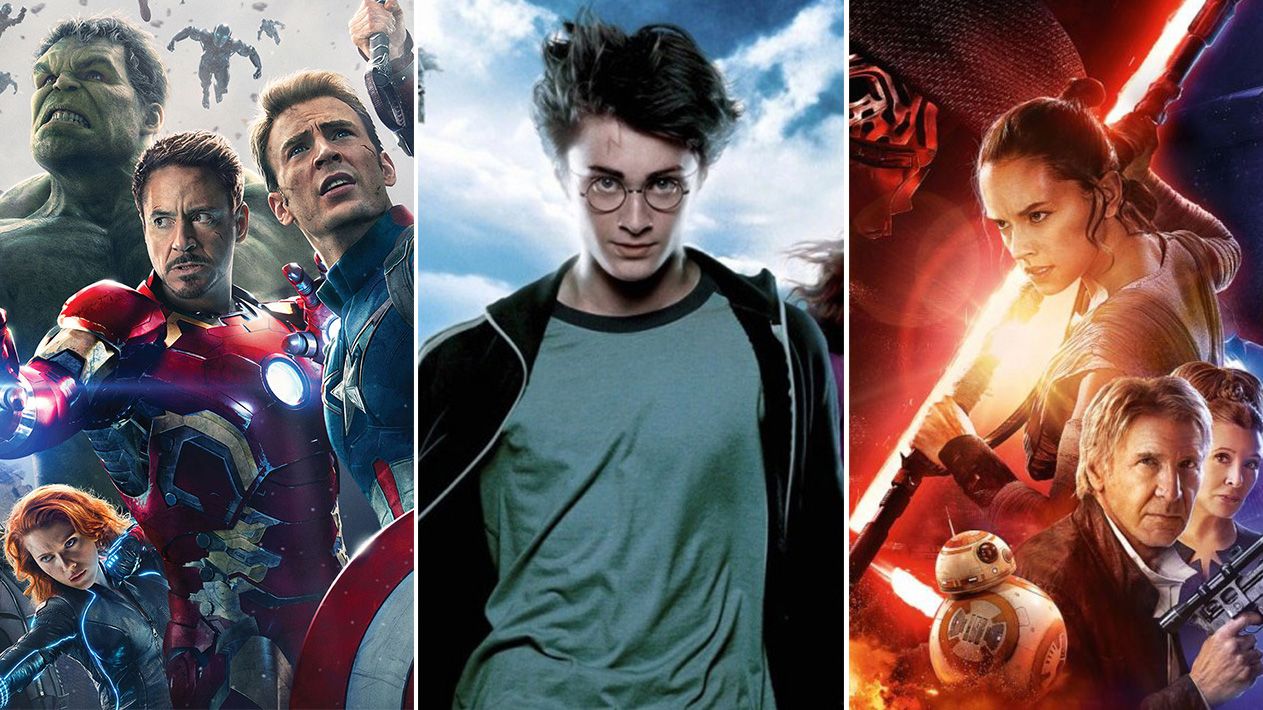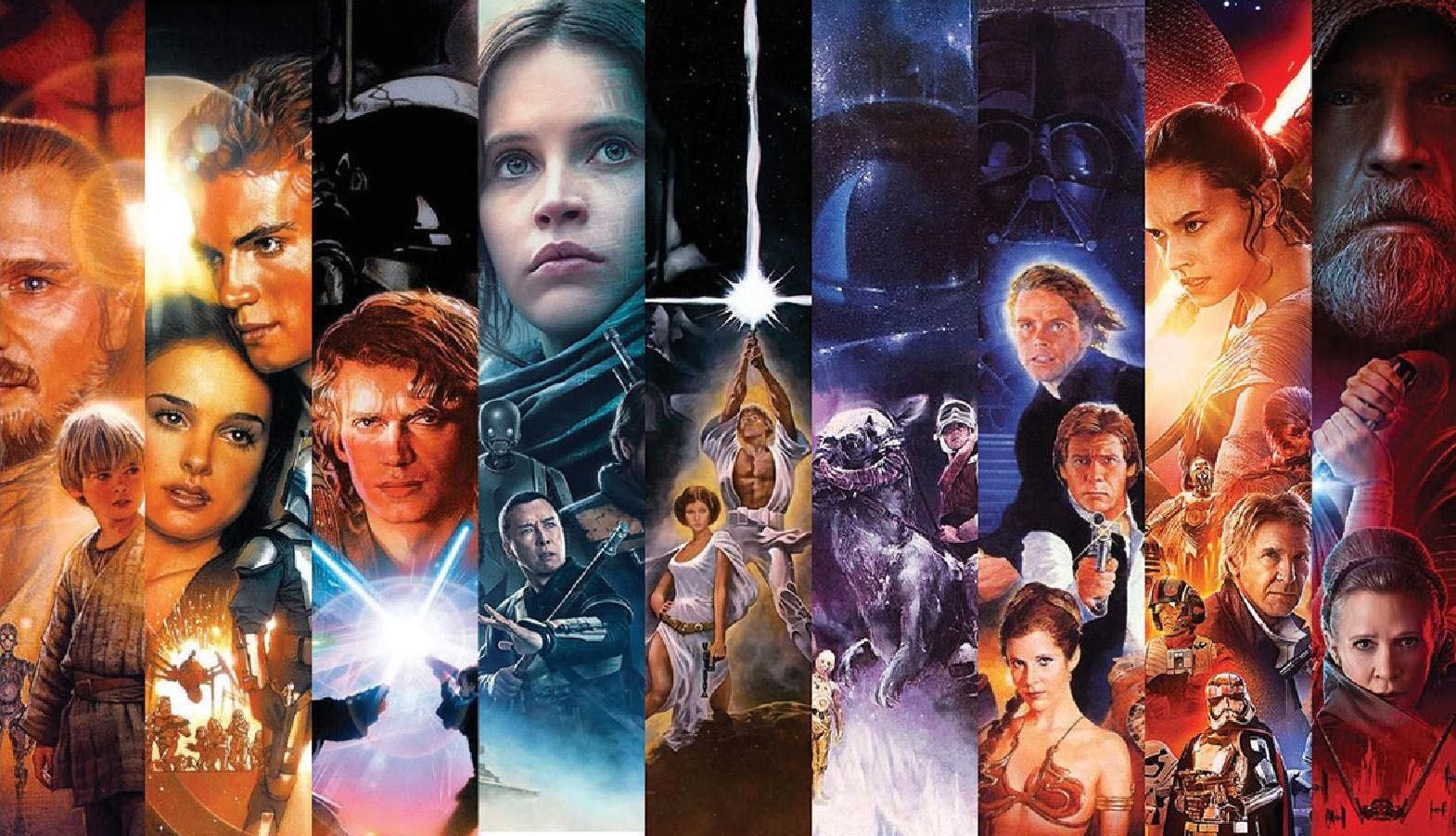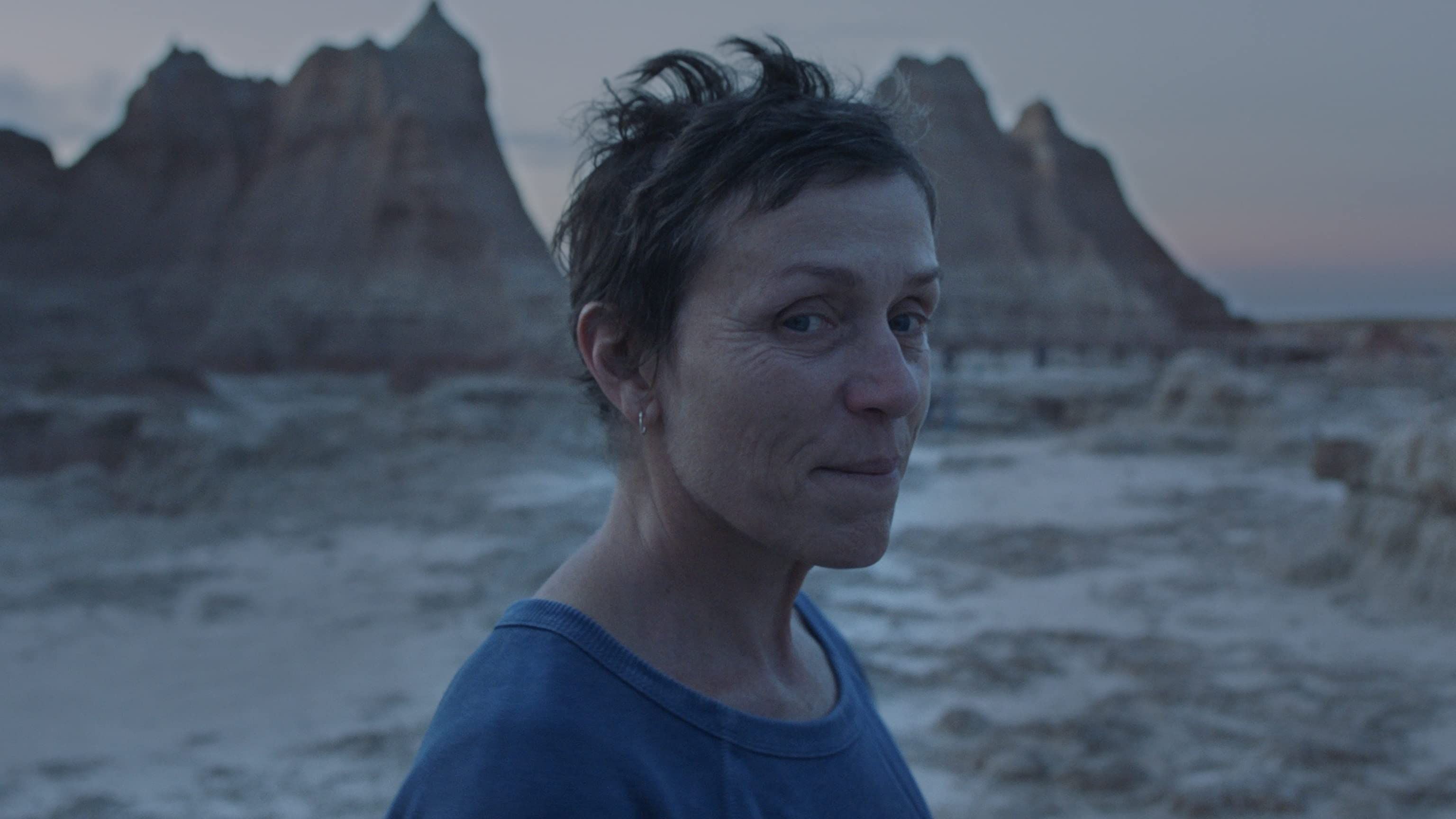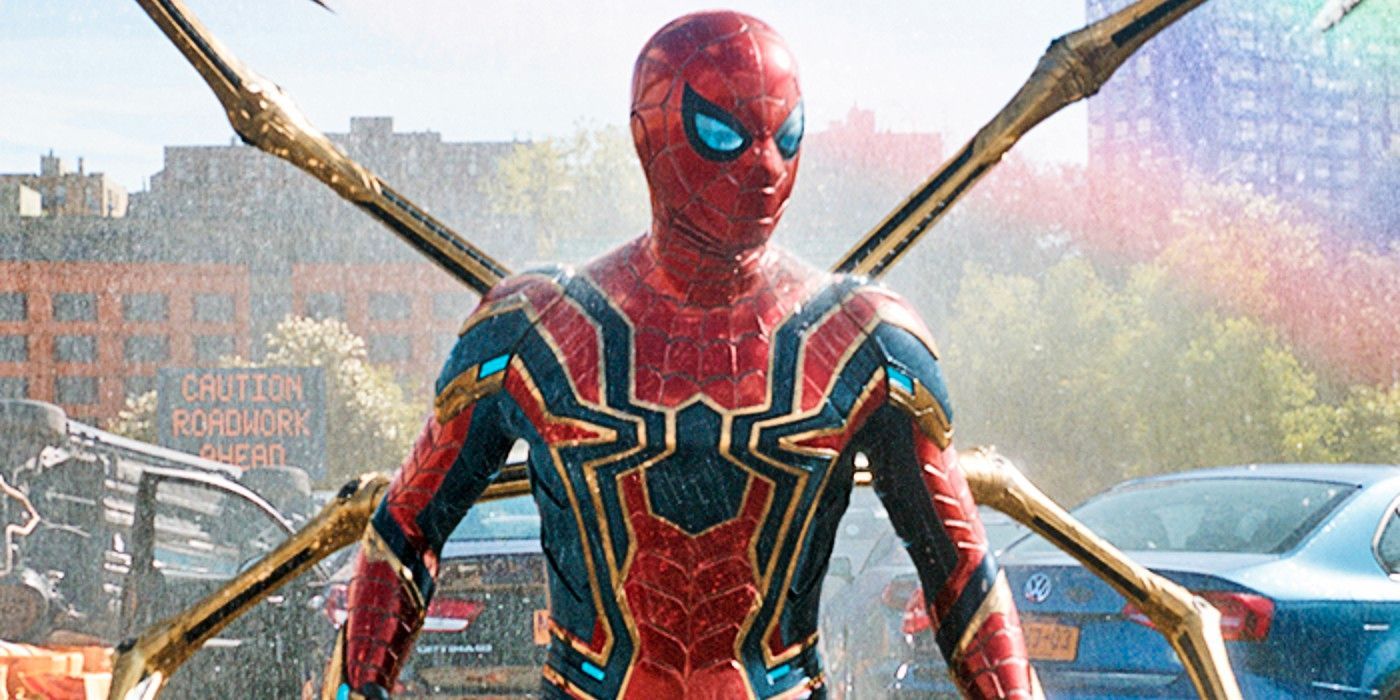Franchises seem to be the backbone of the box office, nowadays. The basic film franchise is not an inherently bad thing, but it does pose a threat to smaller independent films that are trying to find their success in the industry. Spider-Man: No Way Home made over $1 billion at the box office while Paul Thomas Anderson’s Licorice Pizza barely made $11 million, as of January 13.
Whether the franchise film belongs to Harry Potter, Marvel, DC, or Star Wars, there is enough of a fanbase for these films to make hundreds of millions of dollars (and sometimes even billions). Franchises really started becoming a thing when Universal made a series of Dracula, Wolf Man, and Frankenstein movies, which became known as the Universal Classic Monsters. This franchise medium was expanded upon when Godzilla came onto the silver screen in the 1950s, eventually turning into the Monsterverse.
As the years passed, films like Star Wars and superhero films gained more and more popularity and with all of that popularity, it spawned more franchises like Harry Potter, Pirates of the Caribbean, Transformers, and The Fast & Furious movies. Some of these franchises, like Harry Potter, have managed to win over critics with acclaim while making a killing at the box office. Meanwhile, others like The Fast & Furious franchise is much more maligned by critics and yet still makes boatloads of money.
The fact that these films are made on a continuous basis that's specifically predicated on their box office performance is what keeps the fuel of franchise culture burning bright. Understandably, many of these franchises are beloved by fans and people from all walks of life, but that doesn't mean that they're all without errors, or that the culture itself is necessarily positive. So what exactly is wrong with the ubiquity of franchises?
Franchises Dilute Creativity
Realizing that many of these franchises don’t do that much to subvert their plots or stories, one may guess that Hollywood uses the method “If it ain’t broke, don’t fix it.” However, the tendency of franchise's to play it safe seems to have reached an imaginative dead-end. Looking at later franchise films, there seems to be a lack of taking risks and focusing on what fans would want to see rather than doing something new.
The Star Wars sequels are a perfect example of this. All three sequels are almost a cut-and-paste job of the much better original trilogy-- there was a threat to the galaxy, that threat used a weapon to destroy planets, and the Rebellion (or in the case of the sequels, the Resistance) came swooping in to save the day. No new ground was covered and not much has changed in terms of plot or character motivations. It becomes boring to watch because when audiences break the films down and everyone actually considers them, it becomes blatantly apparent that people might as well rewatch the original Star Wars movies, which (like the majority of originals) will always be preferable. At least, the prequels went in a différent direction.
Franchises Obscure Smaller Movies
This may seem like the most obvious reason. When audiences are flocking to see the next blockbuster which may or may not even be good but will almost definitely perform well financially, those same people will be less interested in independent films. Many people won’t even realize that these indie films exist because so many of them have limited releases, what with major theater chains opting to put the latest Spider-Man in eight screens rather than reserve one for a smaller film like The Lost Daughter.
As a result, these indie films are left in the dust and are seen by many younger viewers as dull because of the lack of action, car chases, or visual appeal. However, these indie films can tantalize the hearts and minds of audiences who don’t need to rely on action and explosions for entertainment. Due to COVID-19 and the rampant switch to streaming, though, many indpendent cinemas have closed and failed to get proper distribution to those smaller films. People are either staying in their homes watching what could be on Disney+ or Hulu, or they are going out in droves to see the next big action movie like Venom: Let There Be Carnage, Godzilla vs. Kong, or Spider-Man: No Way Home. All of those movies have broken pandemic box-office records.
Franchise Films Lose Their Individuality
For die-hard fans--no pun intended--who are entrenched in the logic and lore of their favorite film franchise, wanting to see only one movie means also having to see all the others in order to understand the previous film(s) that they saw. Fans of the Marvel Cinematic Universe can’t just watch one film in the franchise without seeing the rest for context. It only makes sense that if you are an ardent Marvel fan, watching just one movie is impossible when you know that dozens of others are intricately connected to it. That's a lot of movies, and a lot of money, when one considers that Marvel has 31 new projects in development as of October.
When you look at Chloe Zhao’s Nomadland, for instance, which received critical acclaim for Frances McDormand’s performance and won the Best Picture Oscar, the audience appreciates the film for its realism and its relatability to many people living on the fringes of society. Nomadland is about a woman named Fern who loses her job at a plant and lives out of a van looking for work across the country, and nothing more bombastic, explosive, or 'super' than that. This independent film has a uniqueness and a special quality to its narrative, and does not require that you see other films to understand what is going on in the realm of the story. Now, however, even its director has been assimilated into the Marvel Cinematic Universe, with Eternals.
Spider-Man: No Way Home may be a great film (given its weight and storytelling techniques) but it is nevertheless a franchise movie that requires people to watch the previous Spider-Man movies to better understand the story, the characters, and their motivations. No Way Home is a magnificent film, but it would be nothing without the previous Spider-Man films; it would be borderline incomprehensible. With that being said, each franchise film loses its individuality when audiences realize that, in order to make sense of this film, viewers would have to watch the other films that spawned said film. In this way, franchise films are more like television than cinema-- there's nothing inherently wrong with television, but it's still not cinema.
All in all, franchises can still be a lot of fun for children and adults, alike. They provide a sense of wonder and awe that anything in film could really be possible. However, when that's all that people are consuming, and indie films are ignored for their realism and profundity, it creates a gap in the wealth of knowledge and experience that younger viewers are missing out on. There always has to be a balance.




